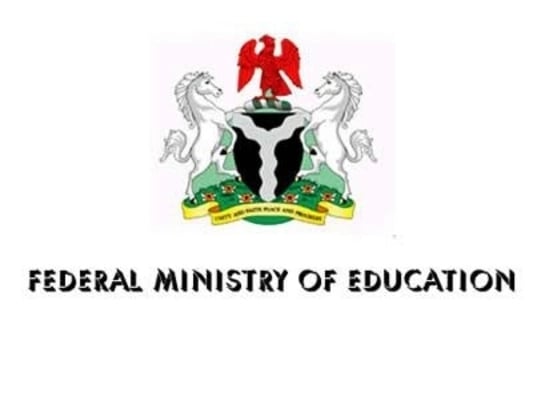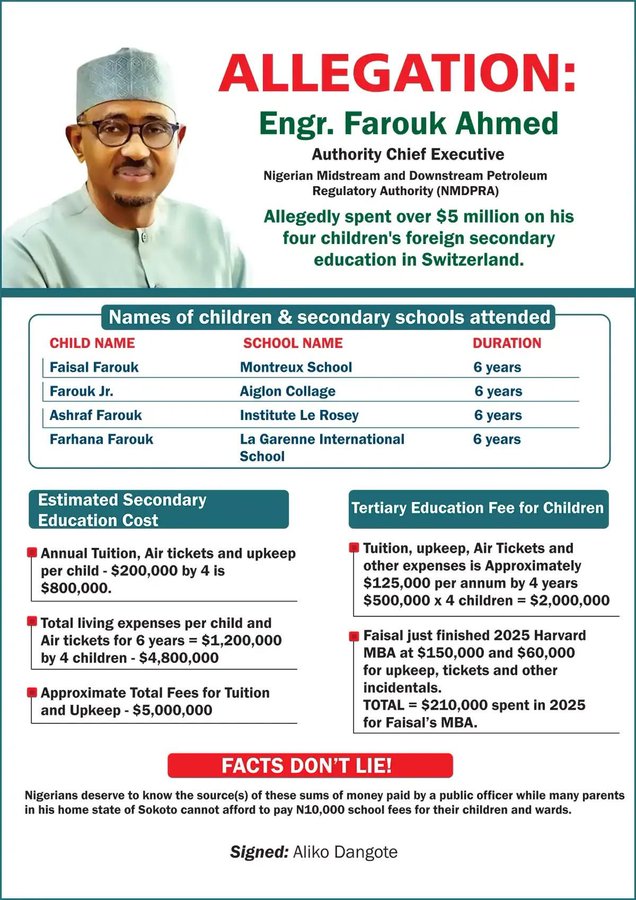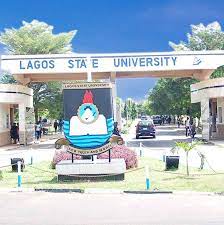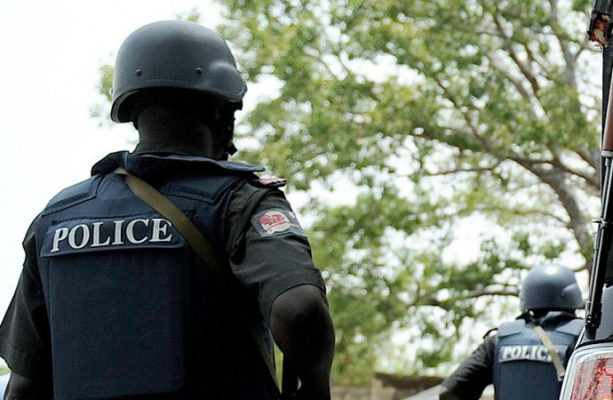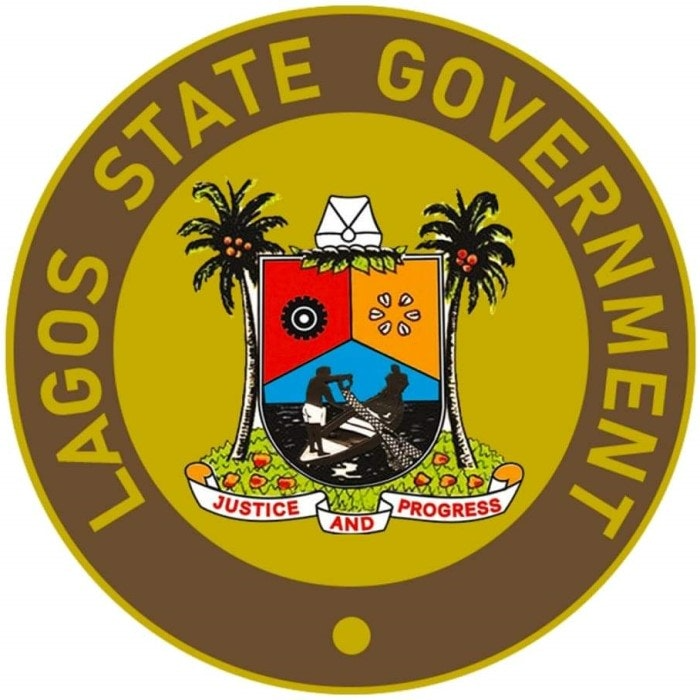Over 20 Federal universities, polytechnics and colleges admitted fewer than 1,000 students in 2024/2025, raising funding and policy concerns
No fewer than 20 Federal Universities, Polytechnics and Colleges of Education across Nigeria admitted fewer than 1,000 students during the 2024/2025 academic session, according to a new report by the Federal Ministry of Education.
Also read: House of Representatives defies FEC, approves new universities
The revelation comes despite the millions of candidates who sit for the Unified Tertiary Matriculation Examination (UTME) every year in pursuit of higher education opportunities.
Data from the ministry showed that institutions such as Alvan Ikoku Federal University of Education (942), Federal University of Agriculture, Mubi (184), and Federal University of Health Sciences, Otukpo (568) were among those with notably low intakes.
Others included:
Federal University of Technology, Ikot Abasi – 942
Federal Polytechnic of Oil and Gas, Bonny – 704
Federal Polytechnic, Wannune – 956
Federal Polytechnic, Ukana – 455
Federal Polytechnic, Ohodo – 65
Federal Polytechnic, N’yak Shendam – 89
Federal Polytechnic, Mongunu – 350
Federal Polytechnic, Kabo – 713
Federal Polytechnic, Isuochi – 118
Federal College of Education, Ilawe – 397
FCE (Technical), Ekiadolor – 290
FCE (Technical), ISU – 38
FCE (Technical), Umunze – 416
FCE, Gidan-Madi – 481
FCE, Iwo – 592
FCE, Odugbo – 317
FCE, Asaba – 276
In March 2025, the Minister of Education, Dr. Tunji Alausa, expressed concern over the continuous establishment of new institutions despite many existing ones having low enrolment.
“We have universities with less than 1,000 undergraduate students, and there is this intense demand for more universities to be opened. We have to stop that,” he said.
Nigeria currently boasts 278 universities, comprising 64 federal, 67 state, and 147 private institutions. However, the government has halted approvals for new universities pending a comprehensive review of the sector.
In July 2025, the Federal Government announced that tertiary institutions with fewer than 1,000 students would no longer receive funding from TETFund beginning in 2026, in a bid to encourage enrolment growth and better allocation of public resources.
Minister of State for Education, Prof. Suwaiba Ahmad, explained that it was unfair to allocate equal resources to institutions with vastly different student populations.
Meanwhile, statistics from the Joint Admissions and Matriculation Board (JAMB) show that between 2020 and 2024, over 8.9 million candidates sat for the UTME, but only 2.7 million secured admission — leaving more than six million stranded.
Among the affected candidates are over 5,000 students who scored above 300 out of 400, yet failed to gain admission due to multiple systemic challenges.
JAMB attributed the low admission rate to several factors, including wrong O’Level subject combinations, low post-UTME scores, non-acceptance of offers, and absence from screening exercises.
Education analyst Ayodamola Oluwatoyin said most candidates prefer older, well-established universities over newer institutions.
“Most parents and candidates would rather apply to schools like the University of Ibadan than to new ones, even if it means risking rejection. Reputation still matters,” Oluwatoyin said.
Also read: NANS demands compulsory drug testing in universities
The development has reignited debate about the overexpansion of Nigeria’s tertiary education system and the urgent need for quality over quantity in higher education policy.


